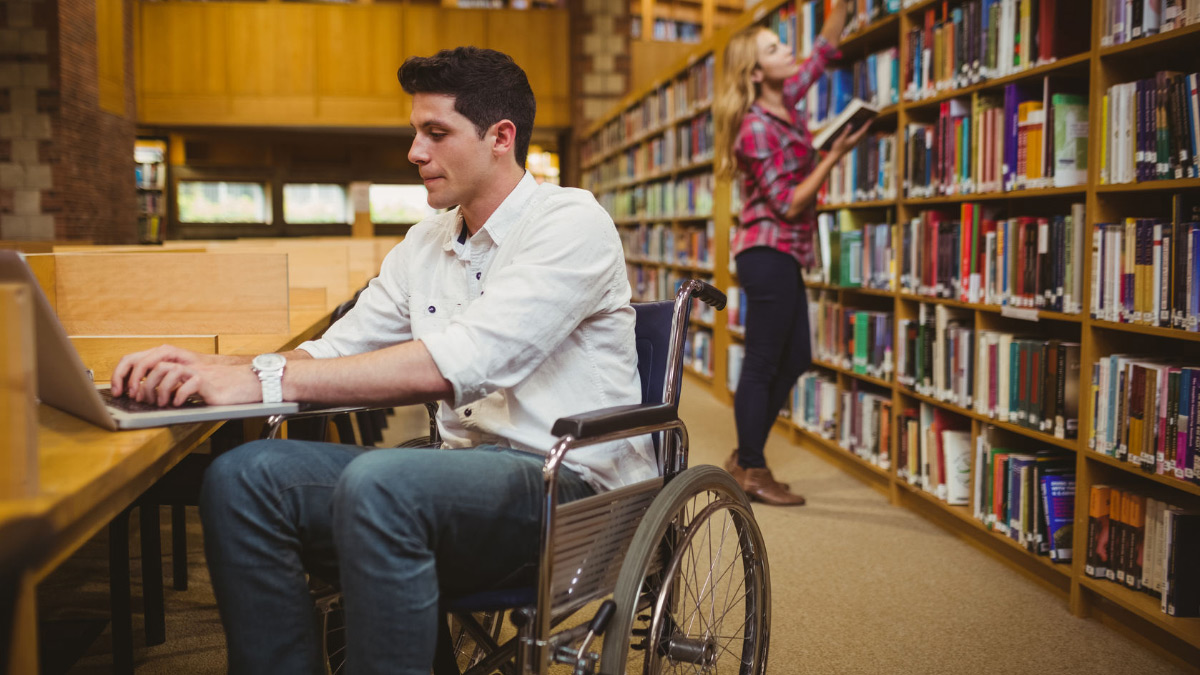Americans, who historically have had a “can do” attitude regardless of personal adversities, increasingly are considering themselves fragile, unable to cope with the ordinary business of life, things like holding a job or going to school. In 1990, three million Americans received monthly Social Security disability checks; at the end of 2017, nearly three times as many (8.7 million) did, despite a decline in workplace accidents that should have led to declining claims. As a consequence, despite a fairly robust economy with very low reported unemployment, over 4% less of the working-age population actually works today than when Bill Clinton left office in 2001—the equivalent of more than 10 million lost workers.
This phenomenon has spread to college campuses with a vengeance, raising very significant academic and financial issues. According to a recent Wall Street Journal story, the percentage of college freshmen describing themselves on UCLA’s Higher Education Research Institute’s Freshman Survey as having “psychological disorders” went from about 4% in 2010 to 11% by 2016; even the proportion reporting some form of “physical disability” nearly doubled (going from about 3 to 5%). Has there been a very sharp genuine decline in the physical and mental health of our college-age population? I think not.
Students having disabilities are given special privileges, which, in turn, creates incentives for other students to claim a disability. For example, it is common for disabled students to be allowed double time to complete exams—if the non-disabled students have 45 minutes, the disabled ones can take 90. This decision is not typically made by the faculty members preparing the exams and doing the teaching, but by university bureaucrats who can and sometimes do harass faculty and harm non-disabled students with their disability fatwas. Non-disabled students might see their class rank decline compared with those with disabilities because of the advantages given those adjudged disabled. The chances of getting merit scholarships are potentially reduced for the non-disabled relative to the disabled.
Let’s give a very specific real-life example in which I became peripherally involved. A student with a disability demanded double time on tests in a business school human resource class. The professor said she would gladly accommodate that for major tests, but not for pop quizzes given, because there simply was not enough class time to do so without seriously disrupting the education of the other students. (At one point, my faculty friend was told that the non-disabled students would have to sit in silence while the disabled student finished her test). The disabled student (probably encouraged by an administrator who disliked the professor and wanted a rationale for disciplining her) complained to the university’s disability enforcer (Office of Diversity and Inclusion), which ordered the faculty member to come to its office for an investigatory meeting. At the professor’s request I joined her, and I would characterize her treatment as resembling a bleak Franz Kafka novel--nasty and accusatory. My colleague was hounded so relentlessly for her sin of trying to protect her students that she ultimately went into early retirement (she is now a high-level human resources official in the federal government).
Faculty members have largely been silent as this assault on their professional judgments has occurred, not wanting to appear to be insensitive to the genuine needs of some disabled students. But as the numbers of such students grows, clashes are beginning to occur. Students are often told they are fragile by the student affairs bureaucracy at universities, and that preserving their self-esteem (as opposed to learning) is a paramount collegiate objective, so “safe spaces” and therapy dog parks are new additions to some campuses. A rent-seeking student affairs bureaucracy encourages students to vocalize their unhappiness, and proclaim their “trauma" over people saying things they dislike. I suspect this is partly responsible for the soaring number of self-reported “psychological disorders.” Learning and robust debate on campus–already of dubious magnitude–suffers in the name of political correctness.
To be sure, there are some students with genuine special needs that a compassionate society appropriately wants to accommodate, both inside and outside the classroom. But increasingly I see a power-hungry administrative bureaucracy whose own self -interest is enhanced by expanding the number of disabled, disrupting and diluting the educational experience of the vast majority of individuals attending American universities.













